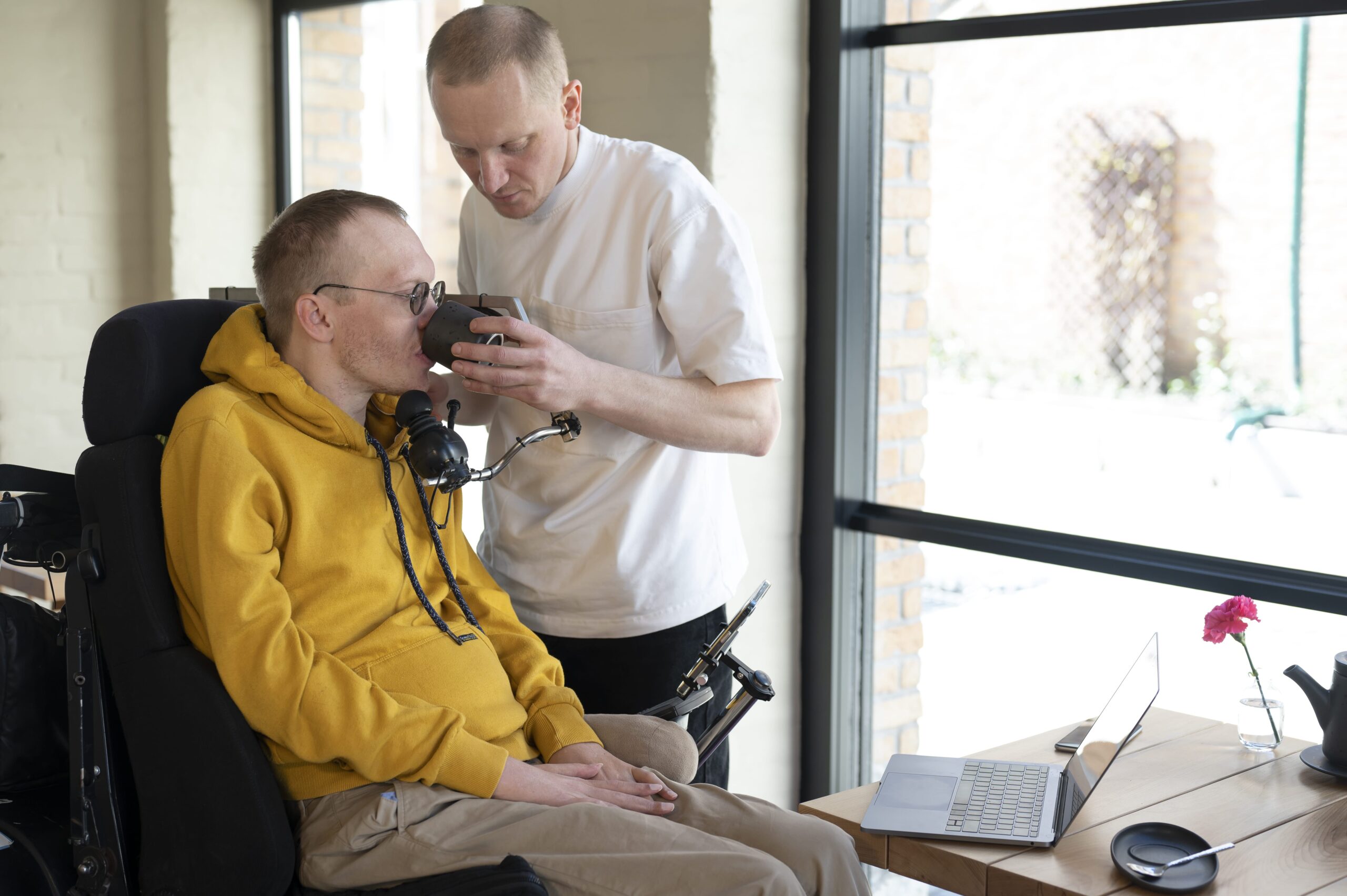Understand The Aged Care Home Limitation: Pros and Cons
The care, health, and well-being of parents and loved ones can become major concerns as they grow older. Our memories can worsen as we get older, and this can have an impact on how well we care for ourselves.
It may be anything from failing to take regular medications to have difficulty getting out of bed to falling asleep in the middle of the night. It can be frightening and disturbing for an adult child to see their parent age and suffer, but it is critical to recognize when they need additional assistance.
There are a variety of treatment services available if you believe your parent needs additional daily assistance.
Care workers can contact, dress, shower, cook, toilet, chat, console, cheer up, and listen to one or more clients in a single day; this is no small accomplishment.
Of course, there is an implicit power imbalance in the caregiver-client relationship.
Someone receiving treatment must be able to give up a lot of their autonomy and confidence to their caregivers in the hopes that the bond will not be compromised.
The presumption is that clients will have a secure and trusting relationship with members of the care team in care environments such as residential aged care.
The client-caregiver bond is one-of-a-kind and can be challenging to manage at times.
Below we have discussed the pros and cons of aged care work to help and show the key difference of aged care work offers.
Let’s start with the concept!
The Journey to Empowerment Begins Here
Explore how to balance care with dignity and respect. Connect with us for a deeper understanding of a caregiver’s role and responsibilities.
So, What’s the concept of an aged care home?
When an elderly person is permanently housed in a care facility because they are unable to care for themselves, they are referred to as a care home.
Residents in a care home are provided with housing, care, and meals, as well as having their own space and the ability to interact with family and friends.
What are the limitations?
We also have limitations. These are the guidelines that govern how we communicate with others in our relationships, showing what we consider appropriate and unacceptable conduct.
Boundaries vary from person to person. Knowing your boundaries stems from a sense of self-worth and personal beliefs in life. Setting boundaries, on the other hand, isn’t always easy. It’s a talent that takes time to master.
With this, you have to understand the concept of Personal Limitations
Personal Limitations/Boundaries
Personal boundaries can be more ambiguous than professional ones. They may involve physical, emotional, and mental barriers that caregivers use to keep themselves from being drawn into or too involved in the lives of their clients.
Personal boundaries enable healthcare workers to keep themselves and their patients psychologically healthy.
Personal limits can involve things like not sharing your problems with your client (like marital or financial issues) not forming feelings of desire towards your client or their family members, and not thinking about your client after your shift is over and you’ve gone home.
Professional limitations in the aged care home
The rules and limits that keep the distinctions between caregiver and client from blurring are known as professional Limitations in the aged care home.
The boundaries of professional relationships with clients must be defined to ensure a healthy working atmosphere.
These laws regulate how we communicate with others in our relationships, showing what we consider appropriate and unacceptable conduct.
Legal, ethical, and organizational structures provide professional boundaries to ensure a healthy working atmosphere for both the client and the caring workers.
The following are some examples of ethical boundaries:
Not sharing a client’s personal health information with someone else;
Keeping your work and personal phone numbers separate;
Not doing extra favors for patients that aren’t part of the job description.
Empower Lives with Care
Start a conversation with us to understand the intricacies and rewards of aged care work. Become the care they need.
The pros of an aged care home
- Safety: There is always someone around to keep you safe.
- 24/7 Work: Someone is on call 24 hours a day, 7 days a week in a residential care facility.
- Authorization: Health treatment by a licensed nurse is available 24 hours a day in a nursing home.
- A private space: Usually, your loved one will personalize their room with their furniture, pictures, and decorations.
- Healthy Foods: Meals are given regularly, and dietary requirements are fulfilled.
- Companionship: opportunities to interact with people their age and participate in organized events or trips, if they are available.
- Peace of mind: knowing that your loved one is being cared for and is not suffering alone gives you and your family peace of mind.
- Medication supervision: if this is a concern for a family member, you should be assured that it will be addressed. Reading about medication management systems may also be helpful.
- No Worries: There’s no need to be concerned with household expenses or maintenance.
- Better living conditions: The physical atmosphere could be improved – it could be safer, warmer, and cleaner.
Everything has cons after having heaps of pros, and so does an aged care home.
The cons of an Aged Care Home
- Cost: Care home costs can be very expensive, particularly if the person you’re caring for has to pay for their care. Your family member must be assessed as having a care home if you depend on local government support.
- Variety: Depending on your loved one’s situation, there might be a small number of homes with vacancies for them.
- Unfamiliar surroundings: Relocating to a new location can be disturbing.
- Loneliness: As well as a lack of interaction with old friends and neighbours.
- Emotional effect: Families may feel guilty for not taking care of their loved ones themselves, even though it is no longer possible.
- Your loved one can feel abandoned: It may help if you talk things over ahead of time, maybe explaining that you or other family members are unable to provide the treatment they need. Since they’ve moved in, keep in touch with them regularly.
- Loss of independence: While a good home should allow your loved one to be as self-sufficient as possible, this is not always the case.
Lack of privacy: Your family member will struggle to adapt to this.
- Small living space: Your loved one would be unable to bring all of their furniture and personal belongings with them.
- Variations in care: All homes must meet a minimum standard to be licensed, but the quality of care can differ from one home to the next.
Conclusion
After considering all of the potential pros and cons, it’s important to note that everybody is different and that no matter how old your parent is or how much treatment they take, it’s critical to involve them in the conversation regarding their care so that they feel more at ease and secure in the care they receive.



